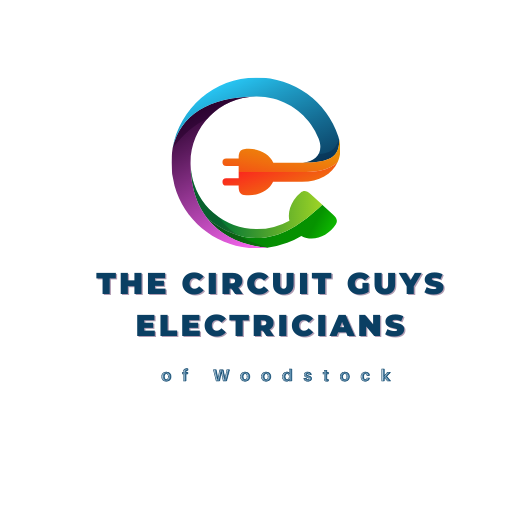When you need an electrician, you want someone who can get the job done right and on time. You don’t want to hire a fly-by-night contractor who will show up late, leave shoddy work behind or charge you an exorbitant fee. Instead, you want a professional electrician who has the skills and experience you need to get the job done right, on time and within your budget. If you’re in need of an electrician for a construction project or if you’re renovating your home and need to install new lighting or electrical outlets, you need an electrician who belongs to the National Board of Fire Underwriters (NBFUA). This association has strict and ethical standards that all its members must uphold in order to maintain their certification. Working with a certified electrician will ensure that your project is completed safely and your home is up to code. Here are some ways you can find an electrician who is a member of the NBFUA:
Become a member of the NBFUA
In order to find an electrician who is a member of the NBFUA, you first need to become a member of the NBFUA. To become a member, you’ll need to fill out an application and pay a fee. You’ll also need to provide references from past clients and references from other members of the NBFUA. Once you’ve been approved as a member, you’ll receive a certificate that you can share with prospective electricians to show them that you’re a member of the NBFUA. You can also find a list of certified electricians in your area by logging into the NBFUA website.
Ask for certification from prospective electricians
Before you hire an electrician, you should ask them if they are certified. If they aren’t, ask them why they aren’t. You should also ask if they are a member of the NBFUA, and if they aren’t, ask why not. If they aren’t a member of the NBFUA, they aren’t held to the same standards as certified electricians. Ask to see their certification, and if they can’t show it to you, don’t hire them.
Check with local trade associations and business bureaus
If you live in a large city, you may have several trade associations and business bureaus that represent various industries and professions. You can search for a list of these associations online and contact them to see if they have a list of certified electricians. You can also search online for local electricians to see if they are members of the NBFUA.
Network and ask friends and family for recommendations
If you don’t know any electricians, you can ask your friends and family if they know anyone who does. You can also put up flyers in public places like coffee shops and libraries to let people know that you’re looking for an electrician.
Check with the local government and utility companies
You can also check with the local government and utility companies to see if they have a list of certified electricians. You can contact the Building Inspector’s office to find out if the homes in your neighborhood are up to code. You can also contact the local utility company to find out if a new home has been wired for electricity and if the existing wiring is up to code.
Conclusion
When you find an electrician, you want to make sure they are certified and a member of the NBFUA. Certified electricians uphold strict and ethical standards, and they are held to higher standards than non-certified electricians. If you hire a certified electrician, you can be sure that your home will be safe and that your project will be completed correctly and on time. Working with a certified electrician will also help you to get tax credits for your project.
